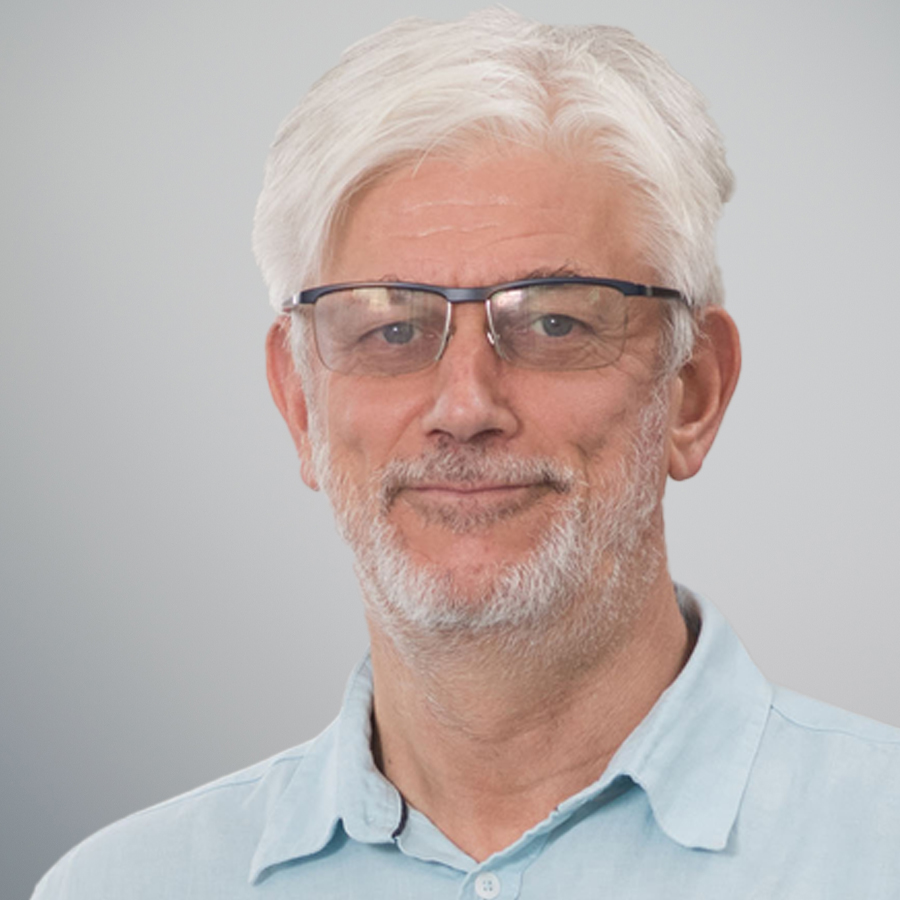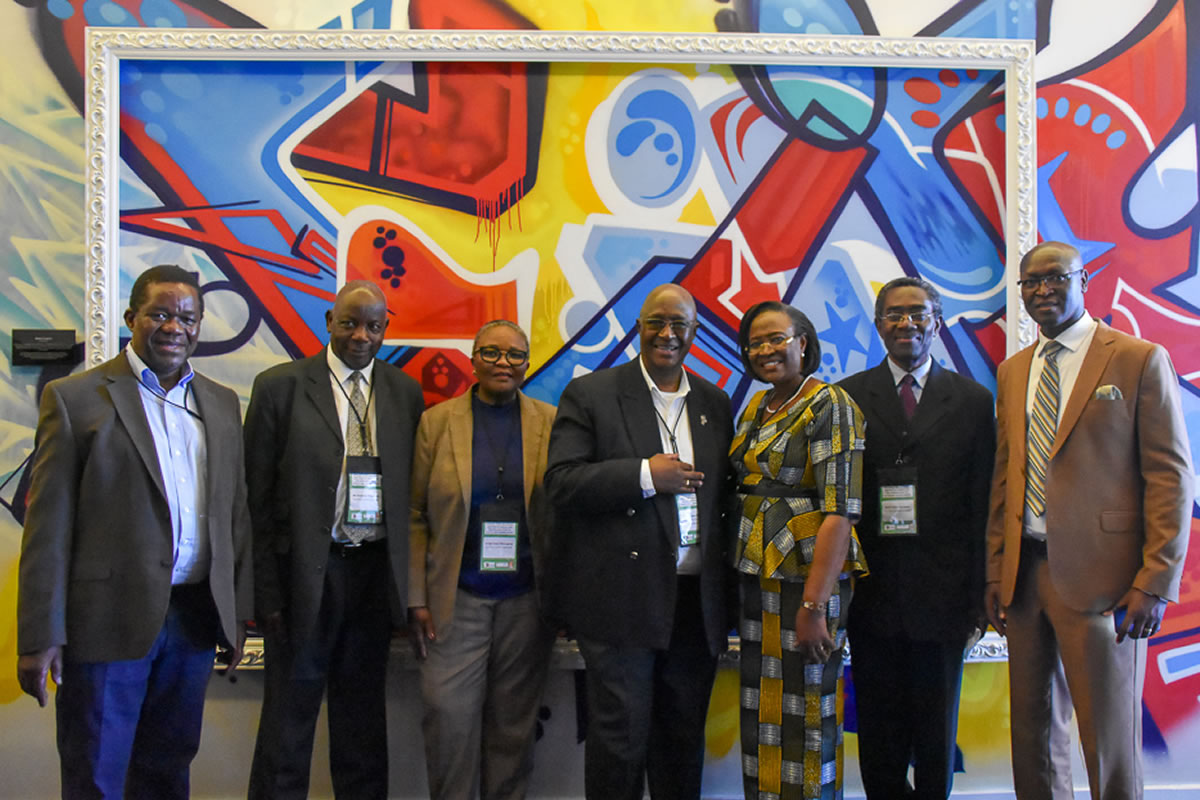Former members of the African Commission on Human and Peoples’ Rights (African Commission), meeting in Pretoria, initiated the setting-up of a platform to strengthen the independence of the African Commission.
This is a short-term outcome of a round table held on 12 September 2019 at the Protea Hotel Fire and Ice in Pretoria, South Africa. The event was organised by the South African Human Rights Commission, the Thabo Mbeki Foundation and the Centre for Human Rights, University of Pretoria. Six former Commissioners were in attendance: Victor Dankwa (who served on the African Commission between 1993 and 2005), Barney Pityana (who served on the Commission 1997 - 2003), Andrew Chigovera (who served 1999 - 2007), Salamata Sawadogo (2001 - 2009), Sanji Monageng (2003 - 2013) and Pacifique Manirakiza (2011 - 2015). Representatives from civil society organisations and academia also participated in the discussions.
The aim of the event was to consider the possible contribution of former Commissioners in strengthening the African Commission’s independence. The need for their support arose from a crisis that started in 2015, when the African Union Executive Council directed the African Commission to reverse its decision of according observer status to the non-governmental organisation (NGO) Coalition of African Lesbians (CAL). In the face of the African Commission’s inaction, the African Union Executive Council in 2018 (in Decision 1015) put an ultimatum to the African Commission to comply with its directive. The Decision also requested the African Commission to revise the criteria for granting and withdrawing observer status to NGOs by aligning them with “African values”. It further required that “accreditation of NGOs” should be in line with accreditation to the African Union, which in essence means that the African Commission will not have its own determination about whom it grants observer status. These developments raised the concern that the African Commission’s independence and autonomy to decide on human rights-related matters has been seriously compromised.
In addition to establishing the platform, the group of former Commissioners also undertook to engage their respective governments to support and strengthen the independence of the African Commission as these countries pledged to protect and promote human rights under the African Union Constitutive Act and their domestic Constitutions. It should be pointed out that the platform aims to include as many former Commissioners as possible. The plan is further that two former Commissioners would be designated to meet with the current membership of the African Commission during the upcoming 65th ordinary session to be held in Banjul (The Gambia) from 24 October to 13 November. This meeting will serve to explain to states and civil society organisations how relevant protecting the Commission’s independence is, and what the former Commissioners’ initiative entails.
Most Commissioners agreed that threats from states parties or the African Union Executive Council directed to the African Commission resulted in part from the misunderstanding of its role and position within the African Union. Former Commissioner Andrew Chigovera recalled that the African Commission, as established under the African Charter on Human and Peoples’ Rights, aimed to promote human and peoples’ rights and ensure their protection in Africa. Thus, Commissioners should apply what the Charter, and not politicians, orders them to do. Professor Victor Dankwa said it was important to remind relevant stakeholders of the African Commission’s status under international law, namely, that of an independent human rights body empowered to apply the African Charter and develop its own internal rules including the code of conduct and guidelines to grant observer status.
For more information, please contact:

Professor of International Human Rights Law
Tel: +27 (0) 12 420 3228
frans.viljoen@up.ac.za


